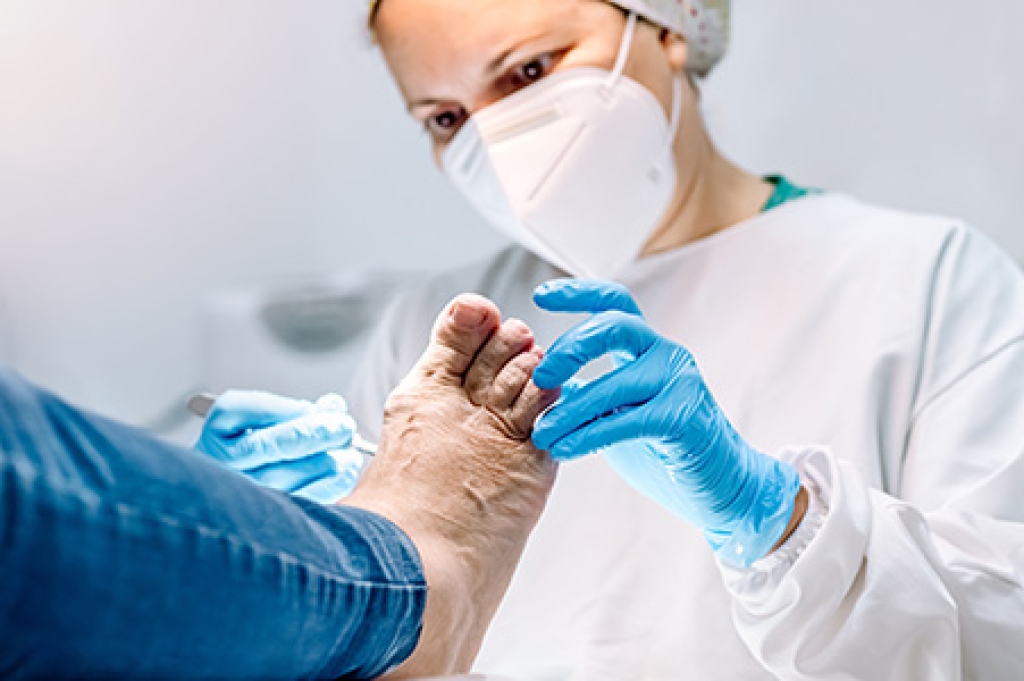
Foot pain during exercise is a common complaint and can stem from several underlying issues. Repetitive impact from walking, running, or court sports places stress on bones, muscles, and soft tissues. Wearing poorly fitting shoes or footwear without proper support may increase pressure and strain, especially during high-impact activity. Overuse injuries such as plantar fasciitis, tendon irritation, and stress reactions often develop gradually and worsen with continued exercise. Structural factors like flat feet, high arches, or abnormal gait patterns can also affect how force is distributed through the foot. Sudden changes in activity level, intensity, or surface may overload tissues that are not yet conditioned. Addressing foot pain early helps prevent more serious injury. Rest, activity modification, stretching, and wearing supportive footwear are often helpful first steps. Orthotics may improve alignment and reduce strain during movement. When foot pain continues during or after exercise, it is suggested that you see a podiatrist for a proper diagnosis and appropriate treatment.
Exercising your feet regularly with the proper foot wear is a great way to prevent injuries and build strength. If you have any concerns about your feet, contact Anas Khoury, DPM from North Eastern Foot & Ankle Specialists. Our doctor can provide the care you need to keep you pain-free and on your feet.
Exercise for Your Feet
Exercise for your feet can help you gain strength, mobility and flexibility in your feet. They say that strengthening your feet can be just as rewarding as strengthening another part of the body. Your feet are very important, and we often forget about them in our daily tasks. But it is because of our feet that are we able to get going and do what we need to. For those of us fortunate enough to not have any foot problems, it is an important gesture to take care of them to ensure good health in the long run.
Some foot health exercises can include ankle pumps, tip-toeing, toe rises, lifting off the floor doing reps and sets, and flexing the toes. It is best to speak with Our doctor to determine an appropriate regimen for your needs. Everyone’s needs and bodies are different, and the activities required to maintain strength in the feet vary from individual to individual.
Once you get into a routine of doing regular exercise, you may notice a difference in your feet and how strong they may become.
If you have any questions, please feel free to contact our office located in Passaic, NJ . We offer the newest diagnostic and treatment technologies for all your foot care needs.




